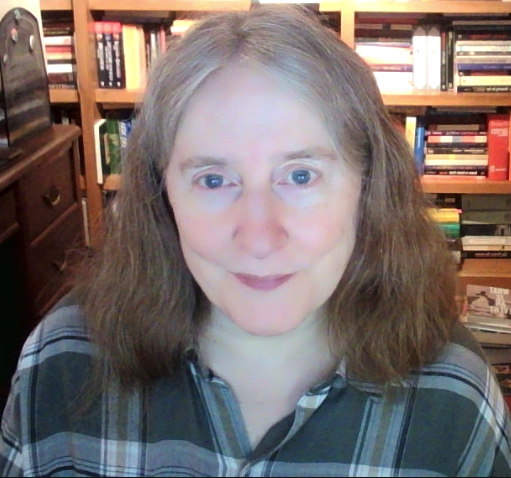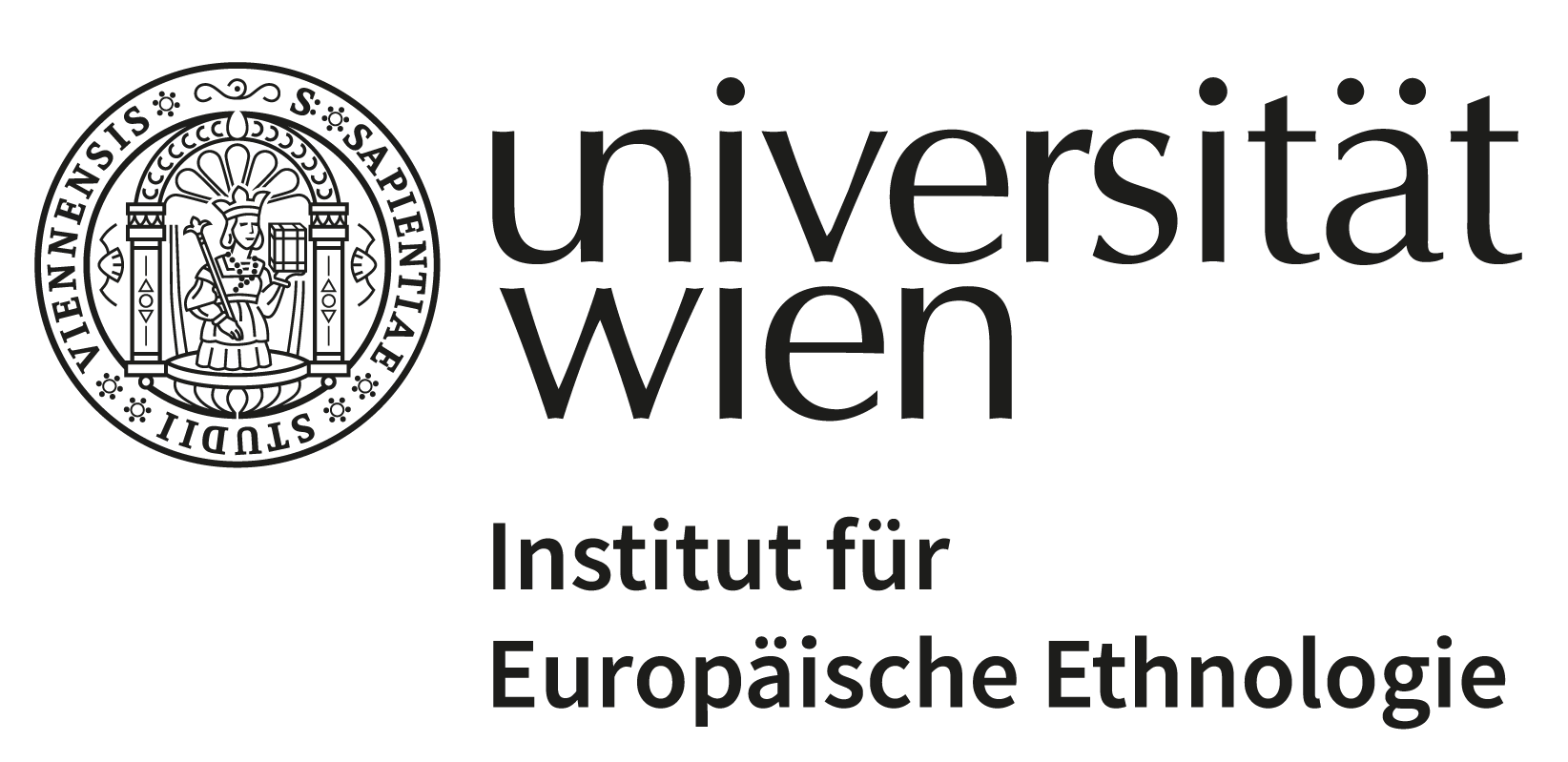
Dorothy Noyes is Professor in the Departments of English, Comparative Studies, Anthropology and past director of the Center for Folklore Studies at the Ohio State University. On May 12, 2022 she gave a talk about Taking the Temperature: Weather as a Gauge of Sense in Common, as part of the Institutskolloquium SoSe 2022 on „Weather/Knowledge.“ Dorothy kindly agreed to be interviewed for the Institutsblog (Interviewer: Vanadis Melchers).
How did you come up with the topic of weather talk?
I have always been interested in communication across social divides – ethnic, generational, political, etc. As polarization in the US has grown, it has become more difficult to find any safe topic for conversation, even at family gatherings. “Talking about the weather” is an old Anglo-American cliché for avoiding difficult subject matter: you talk about the weather because you should not discuss money, sex, religion, politics or anything else interesting. Increasingly, however, the weather itself is a delicate subject because it indexes climate change, a topic on which many Americans reject the scientific consensus. So I began to wonder what happens in episodes of extreme weather, when conversation cannot be avoided because of the economic and human stakes.
How do you understand the weather talk as a gauge of common sense?
What English folklorists used to call “weatherlore” forms part of common sense in Antonio Gramsci’s sense of the phrase: Hand-me-down ideas and sayings and habits that are shared in a given community and reproduced without too much attention. For example, I gave my talk in Vienna on the first day of the “Eisheiligen,” a set of saints’ days in late spring. Many gardeners in the German – speaking world have grown up being told that they shouldn’t put plants outside until those days are over, as they are the last days when a surprise frost is still possible. It doesn’t matter whether it happens or not.
Conversational avoidance, on the other hand, is an indicator that people suspect dissensus, or a lack of sense in common, with their interlocutors. When I say something about the weather at my farmers’ market in urban Ohio, many farmers change the subject. The weather is a serious matter for them, not something for idle chat with strangers who might start lecturing them about climate change.
Finally, episodes of drought, flood, late frost, or fire offer an opportunity to document community discourses and assess the state of sense in common. Carl Lindahl’s work on Hurricane Katrina is a powerful example of this kind of work, showing how the racial divide fostered radically different perceptions of the disaster. Less extreme weather disasters can also reveal patterns of euphemism, humor, complaint, or silence that attest to both deep tensions and potential sources of agreement and cooperation.
What can the topic of weather achieve in a common sense?
When it’s so hot that the electric company starts rolling blackouts to protect the power grid (which has just happened to us here in Columbus. Ohio), and everyone in your neighborhood slept badly and woke up to face a warm refrigerator and food spoilage, you can’t help sensing in common. We’re all miserable; we all commiserate. Of course the arguments start as soon as we start analyzing where the fault lies and what the solution might be. But at least we have a perceptual starting point in the recognition of a shared problem.
Well – that was the hopeful answer, grounded in the experience of my middle class neighborhood, but there is an important problem with it. The rain does not actually fall on the just and the unjust alike. One of the most powerful effects of social inequality is the material divide that puts poor people’s homes in the path of violent weather. The „heat islands“ of inner – city neighborhoods, the clustering of low-income neighborhoods in low-lying areas, as in New Orleans, or on eroded hillsides vulnerable to landslides, as in much of the developing world, and the radically uneven character of construction quality and public services, are a growing component of the environmental injustice that facilitates deep dissensus. Wealthy people are sheltered in ways that allow denial of the problem; at the very least, they can flee the air pollution of California’s fire season in ways not open to San Francisco’s homeless community. It will be a while before things are bad enough to retain the attention of the most powerful. Let me put my conclusion this way: without common sensing, a robust common sense is unlikely to emerge.
The Institutskolloquium SoSe 2022 with the title Weather/Knowledge: Culture-analytical Perspectives on States of the Atmosphere gathers contributions from economic and social history, history of science, media studies, cultural anthropology, climate science as well as European ethnology, which open up manifold perspectives on the topic of weather/knowledge, from micro-analytical approaches to global considerations. The colloquium is organized by Christian Elster and Anna Weichselbraun.
